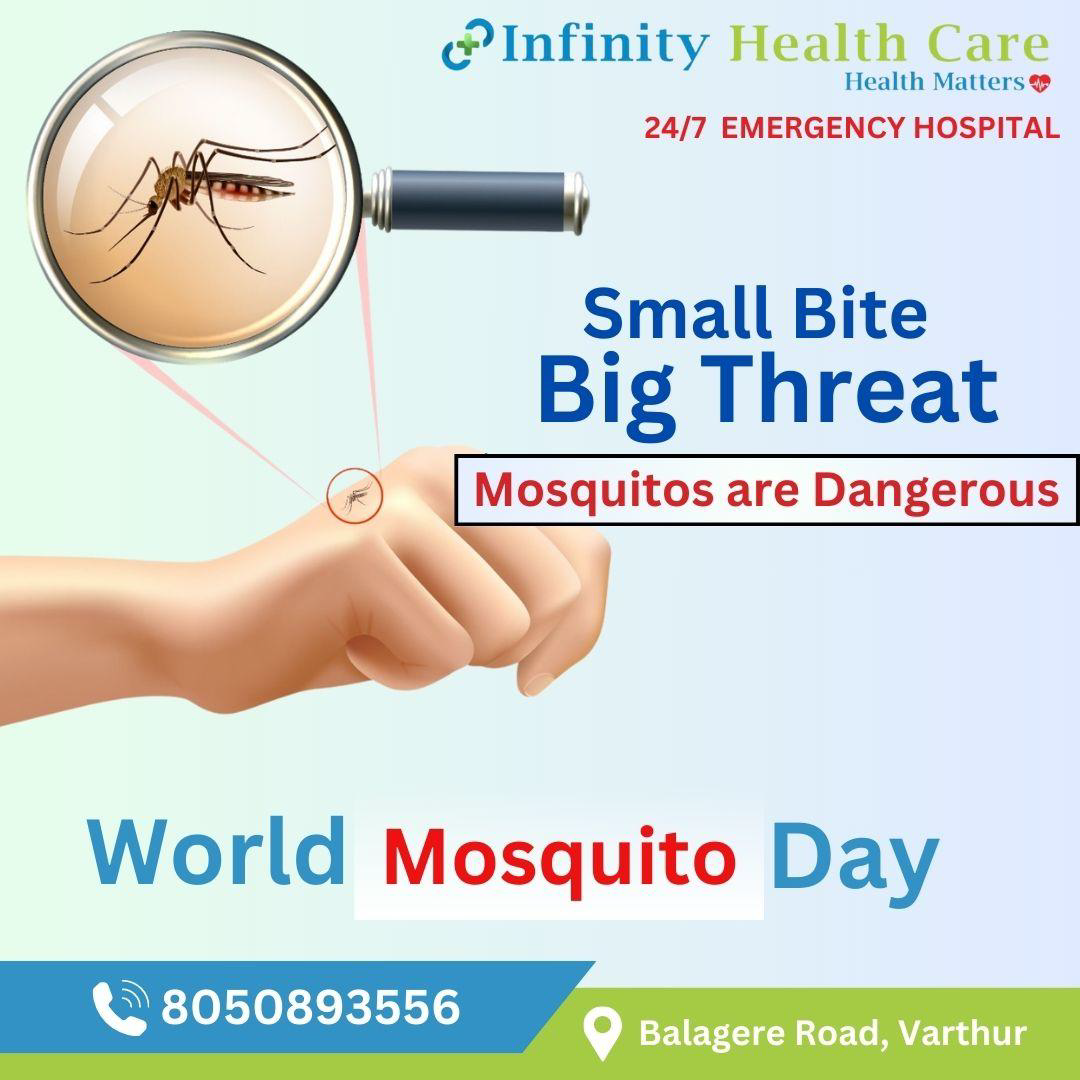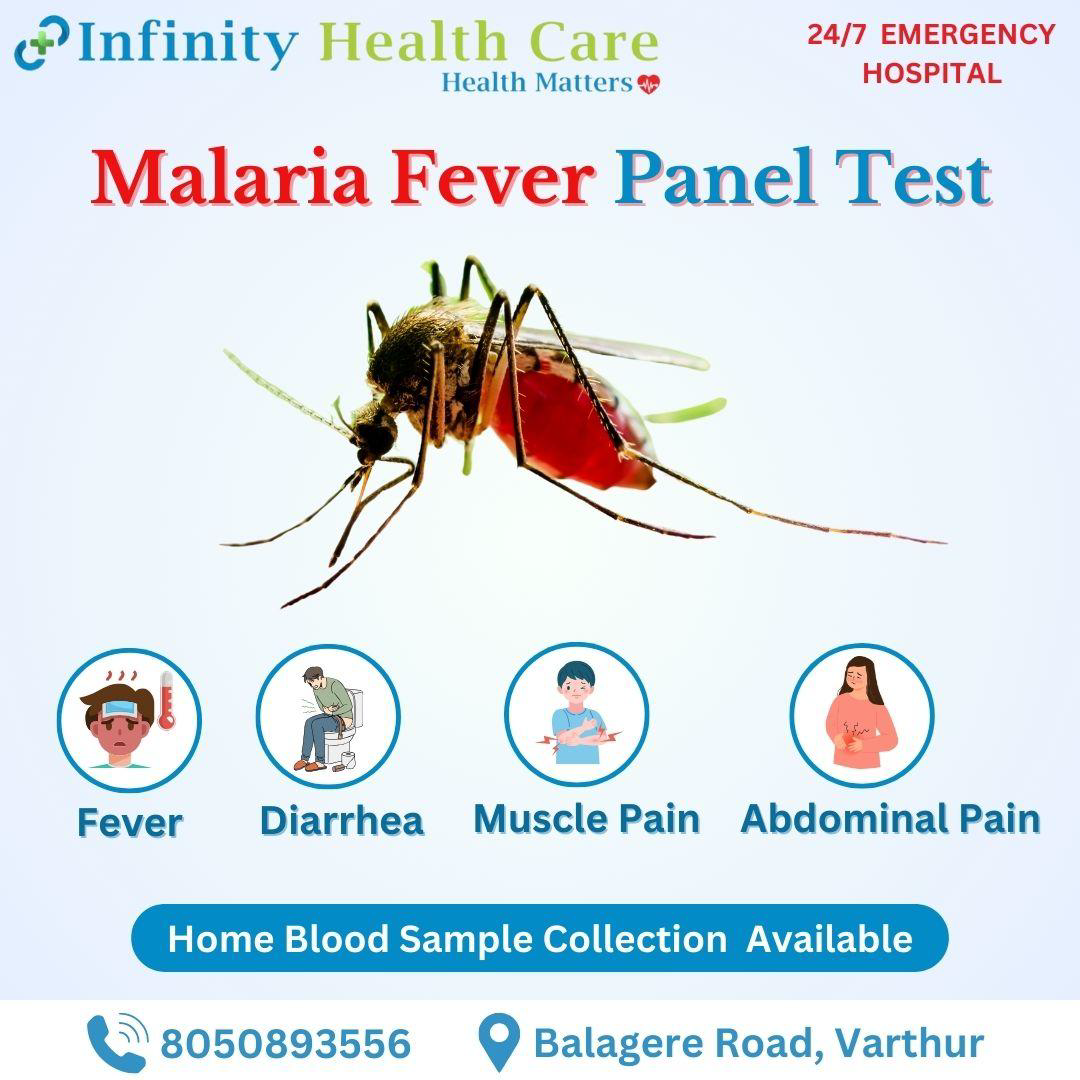Despite their size, these tiny insects pose a significant threat to our health, transmitting diseases like malaria, dengue, chikungunya, Japanese encephalitis, and lymphatic filariasis. Each year, around 40 million people in India are affected by mosquito-borne illnesses, with malaria being the most prevalent. These figures underscore the crucial need for effective measures to safeguard against these tiny but dangerous pests. World Mosquito Day, observed on August 20, serves as a vital reminder to raise awareness and take action against mosquito bites.
World Mosquito Day is a stark reminder of mosquitoes’ devastating impact on global health. This day is significant as it commemorates Sir Ronald Ross’s groundbreaking discovery in 1897 that linked mosquitoes to malaria transmission. Today, as we face a significant increase in mosquito-borne diseases worldwide, raising awareness and taking collective action is essential to combat this pressing health challenge.
The Rising Burden of Mosquito-Borne Diseases.

Mosquito-borne diseases continue to place a heavy burden on millions of people across the globe. Among the most prevalent are zika, chikungunya, dengue, West Nile River virus, yellow fever and malaria. These diseases cause severe health problems, strain healthcare systems, and hinder socio-economic development in affected regions. Understanding the characteristics and transmission of each disease is crucial in combating its spread.
Vector-borne diseases account for more than 17% of all infectious diseases, causing more than 700 000 deaths annually. Malaria, transmitted to humans through the bites of infective female Anopheles mosquitoes, affects over 200 million individuals annually, predominantly in sub-Saharan Africa. Dengue fever, transmitted by Aedes mosquitoes, impacts approximately 390 million people globally annually, while outbreaks of chikungunya and zika virus cause widespread concern due to their association with severe health complications. To combat these diseases effectively, substantial investments of around US$ 350 million annually are necessary for public health infrastructure, research, vector control programs, diagnosis, treatment, and surveillance efforts. Beyond direct healthcare expenses, the economic cost encompasses reduced productivity, workforce absenteeism, and strains on healthcare systems, making investment in mosquito control and prevention imperative to alleviate their significant impact on societies worldwide.
World Mosquito Day is dedicated to eradicating malaria and saving lives by raising awareness and promoting action. Its key objectives include:
Educating the Public:Informing people about the dangers of malaria and the global impact of vector-borne diseases.
Controlling Mosquito Populations:Implementing strategies to reduce mosquito numbers and prevent disease transmission.
Raising Funds and Promoting Measures:Supporting disease control initiatives such as vaccinations and insect repellents.
Managing Disease Outbreaks:Addressing and preventing diseases like malaria, yellow fever, dengue, and chikungunya.
Recognizing Contributions:Honoring the efforts of researchers, health workers, and others working towards a world free of mosquito-borne diseases.
The theme for World Mosquito Day 2024 is “Accelerating the Fight Against Malaria for a More Equitable World.” This theme emphasizes the importance of closing gaps in malaria prevention, detection, and treatment to ensure timely diagnosis and treatment, ultimately saving more lives and promoting equity in healthcare.
Understanding Zika Virus, Chikungunya, Dengue, West Nile River Virus, Yellow Fever, and Malaria
Malaria: Malaria is a life-threatening disease caused by parasites transmitted to people through the bites of infective female Anopheles mosquitoes. There were an estimated 619,000 malaria deaths globally in 2021, and malaria cases continued to rise between 2020 and 2021. Africa carries a disproportionately high share of the global malaria burden. In 2021, the region was home to 95% of malaria cases and 96% of malaria deaths. Children under 5 accounted for about 80% of all malaria deaths in the Region. Malaria is a preventable and curable disease.

Zika Virus: Transmitted primarily through the Aedes mosquito, the same mosquitoes that spread dengue and chikungunya viruses. Zika virus gained global attention in recent years due to its association with severe congenital disabilities and neurological complications. Climate change could cause a dramatic uptick in Zika cases by altering the range of disease-spreading mosquitoes as previously uninhabitable areas become warmer and more humid. By 2050, an additional 1.3 billion more people will be living in areas where Zika can spread if nothing is done to combat warming temperatures. Of this, 1.3 billion, 737 million people would be living in temperatures allowing Zika transmission year-round.
Chikungunya: Chikungunya is a mosquito-borne viral disease caused by the chikungunya virus (CHIKV), and transmitted by mosquitoes, most commonly Aedes (Stegomyia) aegypti and Aedes (Stegomyia) albopictus. Chikungunya causes fever and severe joint pain, often debilitating and varies in duration. There is currently no approved vaccine or specific treatment for chikungunya virus infections.. Since 2004, outbreaks of CHIKV have become more frequent and widespread, caused partly due to viral adaptations allowing the virus to be spread more easily by Aedes albopictus mosquitoes. CHIKV has now been identified in over 110 countries in Asia, Africa, Europe and the Americas.
Dengue: Dengue (break-bone fever) is a viral infection caused by the dengue virus (DENV), that is transmitted to humans through the bites of infective female mosquitoes, primarily the Aedes aegypti mosquito. It is more common in tropical and subtropical climates. About half of the world’s population is now at risk of dengue with an estimated 100–400 million infections occurring yearly. There is no specific treatment for dengue/severe dengue, and early detection and access to proper medical care considerably lower fatality rates of severe dengue.
West Nile Virus: West Nile virus (WNV) is the leading cause of mosquito-borne disease in the continental United States. Mosquitoes of the genus Culex are generally considered the principal vectors of WNV. West Nile virus can cause a fatal neurological disease in humans. However, approximately 80% of people who are infected will not show any symptoms. West Nile virus is mainly transmitted to people through the bites of infective mosquitoes.
Yellow Fever: Aedes and Haemagogus mosquito species are the main carriers, and a bite from an infected female can lead to symptoms such as headache, fever, muscle pain, and nausea. The disease got its name because the infection can cause jaundice, which causes the skin and whites of the eyes to have a yellow tinge.
The surge in mosquito-borne diseases is driven by factors such as climate change, urbanization, and mosquito resistance. While these diseases are primarily spread by female mosquitoes, malaria stands apart as it is caused by parasites, which are more challenging to control than viruses. Unlike viruses that replicate within host cells, parasites have complex life cycles involving multiple stages and hosts, complicating their eradication.
To effectively combat the rise of these diseases, a collaborative effort is essential. Individuals, communities, and governments must:
Innovations like gene drive technologies offer promising solutions for vector control. World Mosquito Day serves as a crucial reminder to take action against mosquito-borne diseases and safeguard global health.
To reach us please contact on Phone No.8050893556, Balagere Road,Varthur, Email – contactinfinityhealthcare@gmail.com and Website - www.infinityhealthcare.co.in
Written By
Infinity Health Care